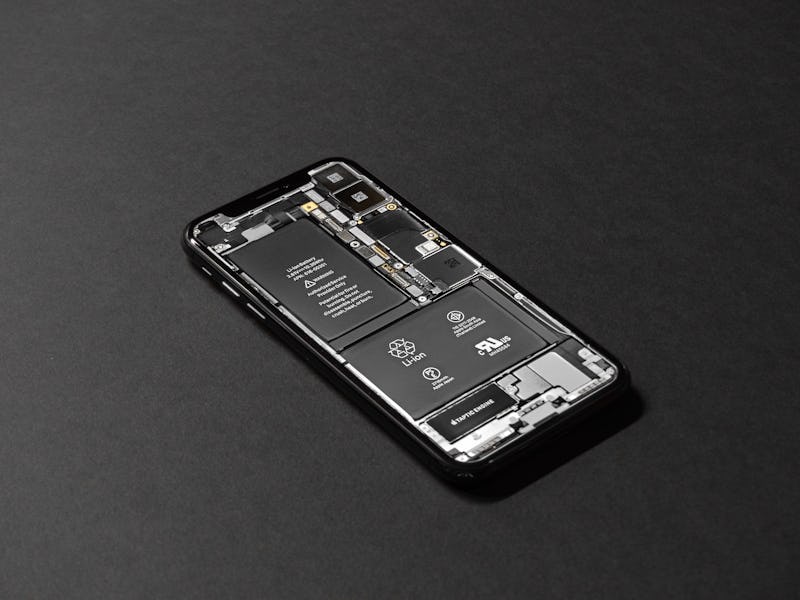iPhone 11 Leaks Hint at the 2019 iPhone Lineup's Most Notable Upgrade
Will the 2019 iPhone lineup pick up where the failed AirPower left off?

The “iPhone 11” series — or whatever naming convention Apple has planned for its 2019 iPhone lineup — will be getting a handful of upgrades according to a series of leaks. Additional cameras, improved depth sensors, and game-changing augmented reality capabilities are all likely. But the latest leak indicates that the new handsets’ signature feature will try to pick up where the now deceased AirPower leaves off: a wireless charging capability just like the one that recently debuted in Samsung’s Galaxy S10 series.
Apple analyst Ming-Chi Kuo doubled down on his prediction that the 2019 iPhones will come with “bi-directional Qi charging” and he expects the smartphone to receive a sizable battery upgrade to support it. Kuo issued these predictions in an analyst note reported by AppleInsider. The feature will allow users to place their Apple Watch or AirPods wireless charging case on the new iPhone’s back panel to juice up on the go.
All 2019 iPhones are expected to come with this capability, but their exact battery upgrades will vary. Kuo expects Apple to ship three new phones — two 6.5- and 5.8-inch OLED models and a 6.1-inch LCD model — identical to this year’s iPhones XS, XS Max, and XR. It’s the batteries in the XS-sized model that are expected to see the biggest power boosts.
Leaked chart shows Ming-Chi Kuo's estimates for next year's iPhone trio.
Kuo states that he expects a “25 percent” power increase for the XS replacement and a similar increase to the XR (AppleInsider’s report didn’t mention anything about the 6.5-inch model’s potential battery upgrade.)
The XS and XR come with a 2,658 mAh battery and 2,942 mAh battery, respectively. That should take the 2019 version of the XS to about 3,323 mAh and the XR to roughly 3,678 mAh. Users should expect a few hours of increased usage time, though using the phones as a wireless charger would obviously use up some of the charge.
Apple would not be the first company to allow users to wirelessly charge other gadgets using their phones. The current Galaxy S10 trio comes with a “Wireless PowerShare” feature, which essentially does the same thing. The key distinction, according to Kuo’s battery predictions, is that Apple’s iPhones might have marginally more powerful cells. In theory, this would allow them to pass a longer and more powerful charge to accessories like the AirPods and Apple Watch than the S10 series does for corresponding Samsung devices.
Apple is taking a page out of Samsung's playbook.
Unfortunately, it seems very unlikely that the 2019 iPhone will be able to charge multiple devices at once, like the AirPower was supposed to. Leaked images of the phone’s hardware show that it’ll house a single induction coil in its back panel. That would only be enough to juice up one gadget, though users might still use them as a wireless charger replacement.
Instead of wirelessly charging the phone, owners could opt to plug in their 2019 iPhone and use it to charge their Apple Watch or AirPods overnight. For some users, this would effectively render the iPhone’s existing wireless charging capability useless, but it would have the upside of getting a whole generation of iPhone consumers on the wireless charging bandwagon all at once.
In that sense, the iPhone 11 is unlikely to be a perfect replacement for the AirPower. But many users will likely find bi-directional charging useful, and of course, the bigger batteries will improve the phones across the board.